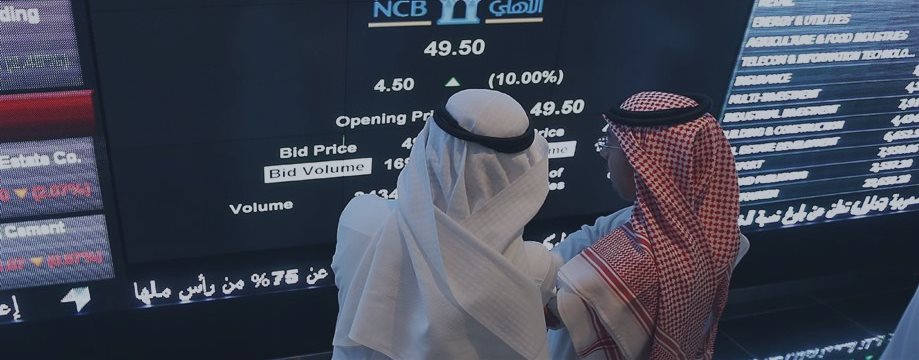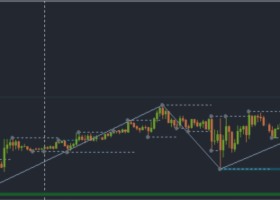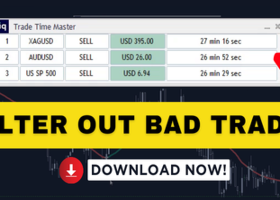
The nascent growth of the Islamic financial industry in Africa is dominated by Islamic banking and Sukuk segments. The Islamic asset management and Takaful segments currently account for a small share, but offer considerable potential for growth in the near future. In some countries, whilst Islamic finance is still in its embryo stage, governments are taking the initiative to make necessary legislative and regulatory changes to accommodate the growth of the Islamic finance industry.
Africa's presence in the global Islamic finance landscape is growing, albeit from a small base. Currently, Africa accounts for 2.4 per cent of global Islamic banking assets, 0.6 per cent of Sukuk outstanding (1Q14) and 2.8 per cent of Islamic fund management assets (end-2013). African countries that have issued Sukuk include Sudan, Nigeria, Gambia and Senegal. Going forward, several countries such as Tunisia have expressed keen interest in tapping the Sukuk market for infrastructure financing. This will be an exciting area to watch as the continent's infrastructure financing needs will make Sukuk increasingly viable, especially if countries are keen to attract funds from investors who favour Shari’ah compliant instruments. Given the continued weakness in advanced economies, Africa's funding needs may be supported by attracting investors from the Middle East and Asia Pacific, including Islamic countries.
The Sukuk market in Africa holds great potential over the medium-run, amid unprecedented funding needs for infrastructure building across the continent. Sukuk provides a Shari’ah compliant alternative to the conventional capital market, which makes it attractive to potential issuers in Africa and investors alike. In the next few years, Africa is likely to tap the Sukuk market to support projects in the power, transportation and other projects.
Aside from the Sukuk market, Africa's Islamic funds markets holds potential in the medium-run. As incomes rise, African consumers will demand more sophisticated financial products. Given the large Muslim population across most parts of the continent and the rising awareness of Islamic and ethical finance, there is room for growth for Shari’ah compliant investment funds. The number of high net worth individuals' investable funds in Africa was one of the fastest growing in the world.
The Islamic banking sector has recorded solid growth, supported by Africa's large and underserved Muslim population and increasing awareness of Shari’ah compliant products. As incomes rise, the demand for cars and houses may increase significantly. The continued rise in demand for these products creates an opportunity for these banks, as well as a challenge to offer more sophisticated products at more competitive financing rates.
Finally, demand for takaful products in Africa are likely to increase as income increase amid more awareness of risk management. Private healthcare is likely to become more popular as public health facilities become more crowded. Similarly, the demand for private education may increase, at least for the upper middle-class populations. This creates an opportunity for Takaful providers to increase offerings of medical cards and education savings Takaful plans. On the commercial side, increased business activity will support the growth of products which protect against losses from fire and theft incidents, as well as group life and medical packages.
In the next few years, seven out of the 10 fastest growing economies in the world will be in Africa. Growth drivers are becoming various, with the resource-based, construction and services sectors taking the lead. This augurs well for Africa's economic resilience in the face of an increasingly volatile global economy. Of importance, expected favourable demographics and closer regional ties will drive growth. The continent is currently home to more than one billion people, and the population of young, middle-class Africans is rising.
From a socioeconomic perspective, African economies which are resource-based face greater risks of income inequality and Dutch disease, where a rise in resource-based income reduces investment in other sectors. Hence, a healthy Islamic finance sector may be the answer for policymakers to assist the more vulnerable groups in the population and thus, support a more equitable distribution of wealth.
Global development firms such as the African Development Bank (AfDB), the World Bank and The United Nations are have regularly highlighted the need for Africa to improve its infrastructure to facilitate goods and labour mobility, raise competitiveness and attract foreign direct investment. So far, infrastructure funding needs amount to more than $31 billion, mainly in the power and transportation sectors. In recent years, an increasing amount of large infrastructure projects in Africa have been financed by investors from the US, Europe and China. In addition, several projects have been financed via Islamic term loans by the IDB and AfDB.
Another key driving factor that will drive the growth Islamic finance development in the region is the growing significance of trade and investment relationships between Africa and key Islamic finance jurisdictions.


